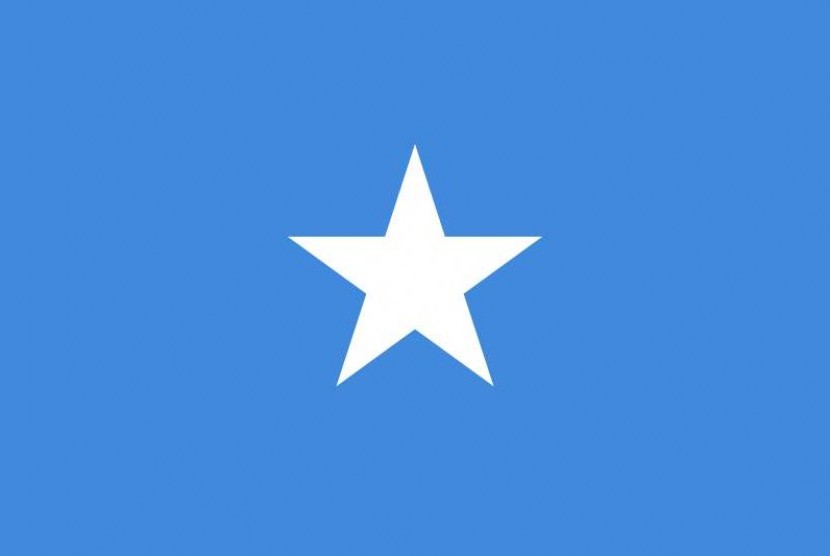REPUBLIKA.CO.ID, MOGASIDHU -- Shariifo Mohamed, the mother of two, has been a street cleaner since her mother died six years ago when a landmine exploded underneath along the road killing her together with dozens of other women in South Mogadishu.
Mohamed took up her menial 2 U.S. dollar a day job from her deceased mother to help her take care of the family.
"I'm the eldest of the family and my father had died before my mother, so I had to fill the gap and feed the rest of the family including my unemployed husband," she told Xinhua in a recent interview.
Somali mothers joined the rest of the world on Sunday to mark the International Mother Day amid struggle to raise up their children alone due to conflict the Horn of Africa nation.
The women and children have been living in the harshest of conditions for over two decades due to factional fighting.
Successive years of droughts and conflict have resulted in repeated crop failure, depletion of livestock, rising food prices, deteriorating purchasing power, eroded coping mechanisms and a perpetual state of emergency, with mothers bearing the brunt as the most destitute and vulnerable.
Somali men used to be the breadwinners in the families, but since the collapse of an effective central government for over two decades ago, women replaced men as bread winners due to the insecurity that forced most of their husbands to remain indoors.
Since then, women are the care providers of their families. Some of them became street hawkers; others sell tea, juices or food, while still others became housemaids, just for the struggle to provide food on the table and as a result suffer the consequences of being raped or robbed in the process.
Last year, Mohamed survived an explosion, the same as that killed her mother when a massive roadside bomb blasted near a pile of garbage she was trying to remove.
The incident happened in Hodan district where at least 5 street cleaners were murdered and more than 8 others injured.
"Four of my colleagues were killed in the attack and the force of the blast threw their bodies into the air," Mohamed narrated. However, when asked about the mother's day, Mohamed said "I have no idea."
Asha Elmi, a housemaid and new mother whose first daughter was born three months ago, met Xinhua in the Bakara market, one of the biggest markets in Mogadishu city, and when asked about the mothers' day, she just confined herself to saying that it's a great day to honor.
Carrying a heavy load of fruits under the scorching sun she said "we mothers struggle to meet the family needs wherever we are."
"I report to work before dawn and continue till dusk, so let others mark the mother's day and it is a great day to me."
Asked about her hope for the future of her daughter and her country, Elmi sounded optimistic, saying "hope always plays at the heart of human. My hope is that my daughter will grow in a peaceful environment and my country will become a better place to live for my daughter and her generation."
Hamdi Ibrahim gave birth to twins on the eve of the mother's day in the Mogadishu's Banadir maternal hospital.
She said the mother's day is non- existent, "We have little knowledge about the occasion, as I am obsessed with the struggle of sustaining my family."
Before she gave birth, Ibrahim worked as a hawker selling small commodities on the streets of Mogadishu in order to put food on the table for her family.
As the preparation of the celebration of the mother's day is already in full swing around the world, the mother's day was overshadowed by the insecurity in Somalia affecting most of the towns of the country.


